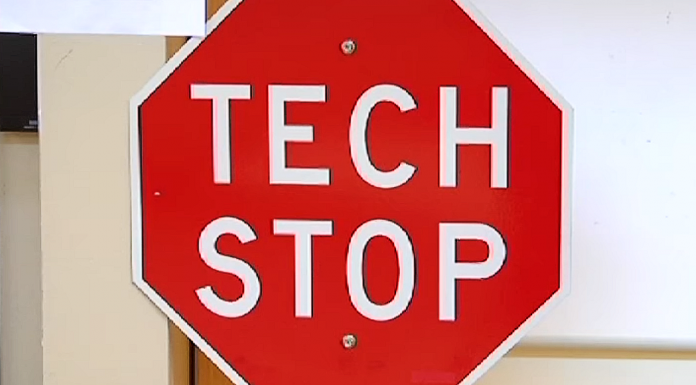(John McCann, Headline USA) Conservatives are rightfully giddy about Elon Musk’s takeover of Twitter. Musk has been a longtime advocate for free speech, and his zeal to provide a transparent and open platform will do wonders for national discourse, especially with the 2022 midterms closing fast.
However, conservatives must not settle for this victory or lose sight of the goal. This is simply another battle in a much greater war—a war for both our culture and our institutions. Although the win feels good, there is much work to be done.
While it is nice to have a billionaire who shares conservatives’ views on the First Amendment, Musk cannot buy everything. The future of Twitter is much brighter than before, but what is to be done about other platforms that censor opinions they find problematic?
Platforms such as Twitter have become the public square where news and narratives are forged and shared. They are supposed to provide open and free spaces to discuss ideas and have important discussions.
But instead of being referees, tech companies have taken an active role in shaping the conversation and narrative. And anybody who challenges what they deem as correct is, at best, restricted, if not outright exiled.
Section 230 of the Communications Decency Act of 1996 allows Big Tech to get away with two things: liability and unrestricted autonomy.
Currently, tech companies are not liable for what third parties post and can govern the content as they see fit without any regard for constitutional protections.
Given the importance these platforms have on our national discourse, the ability to censor with impunity is very disconcerting.
The power these tech giants hold is as great a threat to our freedom of expression as government overreach. Reforms to Section 230 are of paramount importance.
Musk may provide the blueprint of how a tech company can and should conduct itself: with transparency and openness.
Twitter’s algorithms must be made public, and the oversight and scrutiny would give our elected officials a good framework to reform Section 230 so that speech is protected from tech oligarchs.
If Musk can provide the template, perhaps other censorious online content publishers, like YouTube and Facebook, can become bastions of free expression in the future.
Only time will tell, but Musk is a very smart man and his heart seems to be set on this cause. The ramifications could have a lasting impact for years to come.

